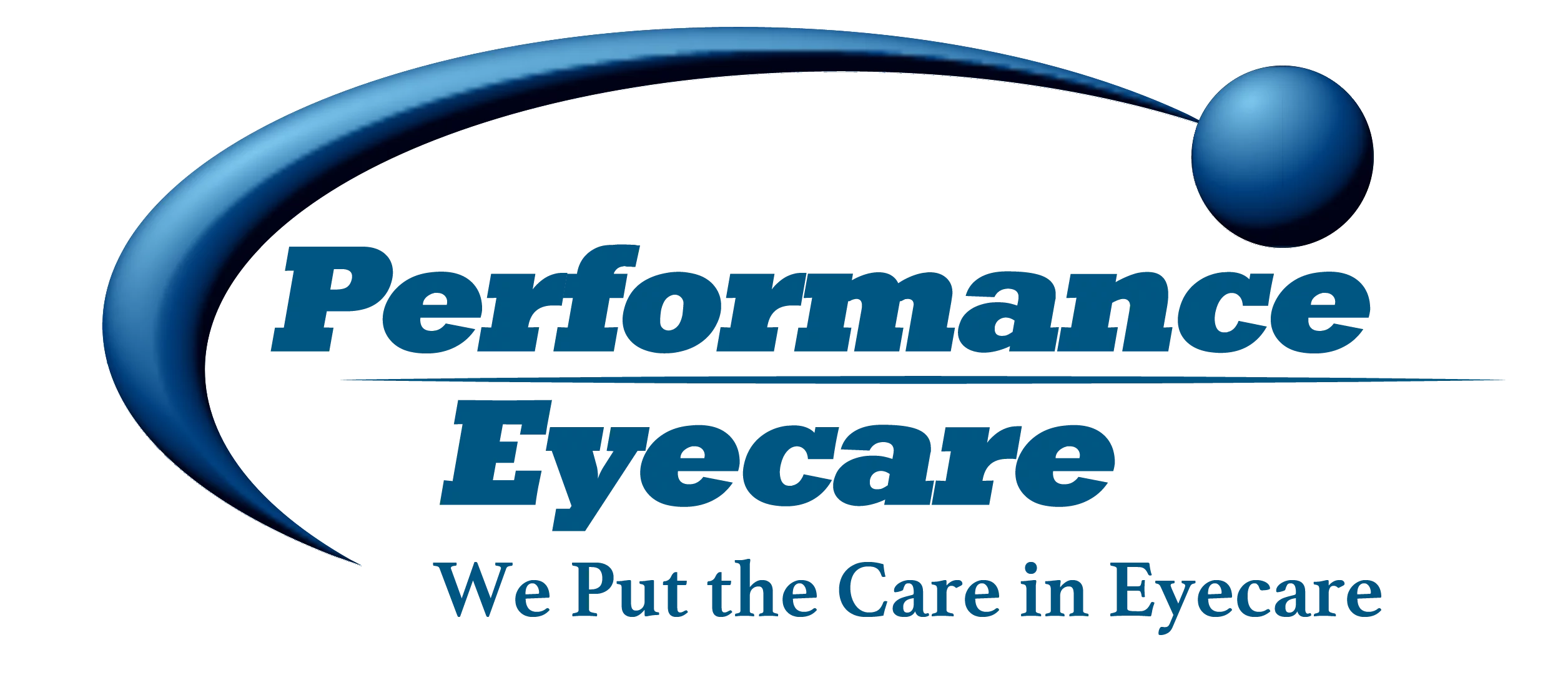Foods That Will Keep Your Eyes Healthy
Many of us were told when we were kids to eat our carrots if we want to have healthy eyes. But healthy eyes go beyond just carrots. Are you eating the right foods to keep your eyes healthy and your vision strong? Here are a couple great options to support your eye health: Leafy greens … Read more
